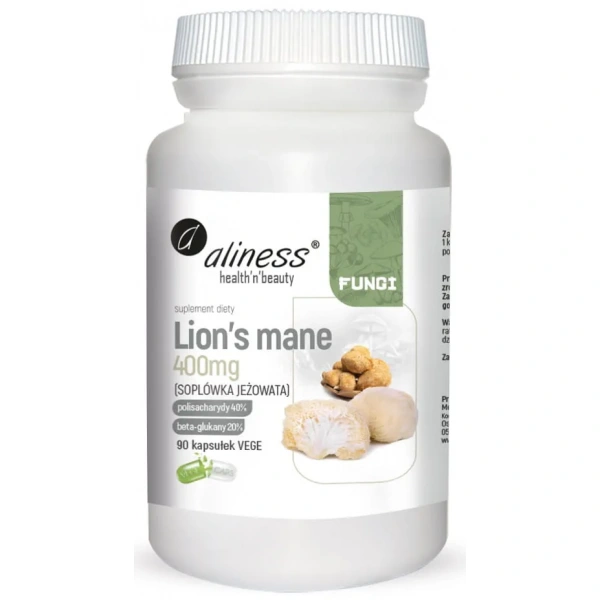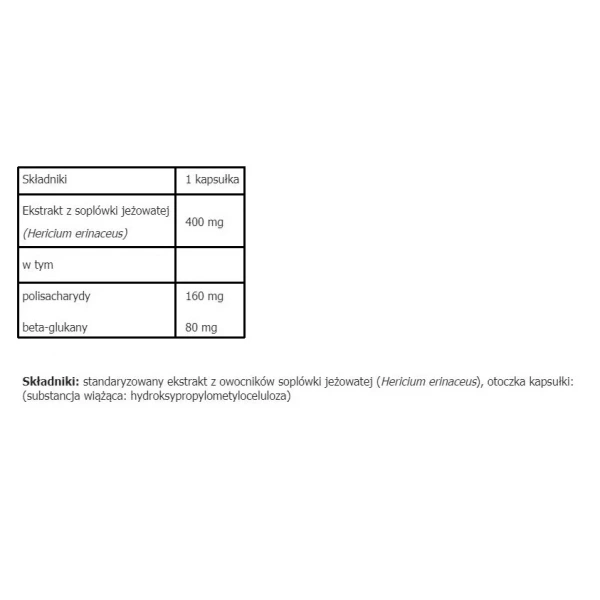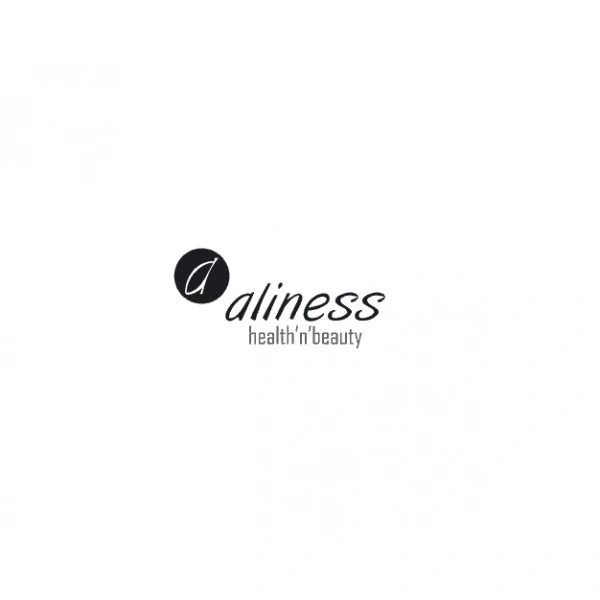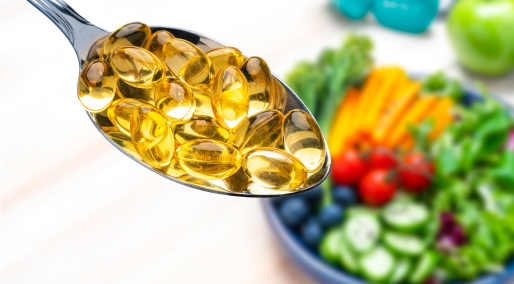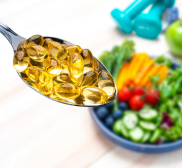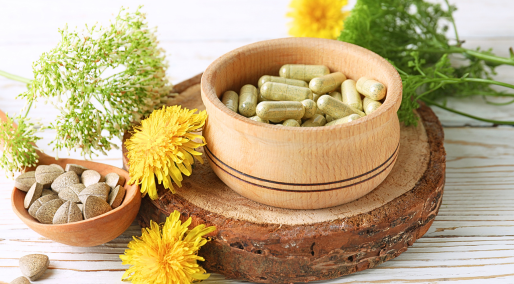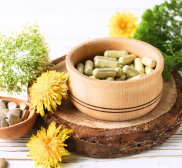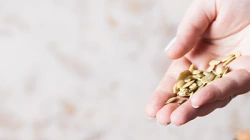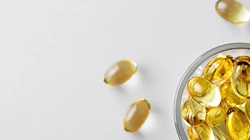- For the home
Health
- Bones and Joints
- Digestion and Healthy GI
- Essential Oils
- Fish Oil / Omega-3
- Healthy Sleep
- Heart and Cardiovascular System
- Immunity
- Liver
- MCT Oil
- Men
- Mind and Focus
- Minerals
- Pet Supplements
- Pro-Health Supplements
- Probiotics
- Senior
- Superfoods
- Urinary Tract
- Vitamins
- Vitamins for hair
- Vitamins for nails
- Vitamins for the skin
- Weight Management
- Woman
Healthy Diet
Herbs
Mother and Baby
Sport
Your Goal
Pet Supplements
Cosmetics
- Cosmetics for children
- Men's Cosmetics
- Unisex Cosmetics
- Women's Cosmetics
- Dezodoranty i perfumy
- Higiena jamy ustnej
- Kosmetyki akcesoria
- Kosmetyki dla dzieci2
- Kosmetyki do ciała
- Kosmetyki do higieny intymnej
- Kosmetyki do opalania
- Kosmetyki do pielęgnacji ust
- Kosmetyki do twarzy
- Kosmetyki do włosów
- Papier toaletowy / chusteczki
ALINESS Lion’s Mane 400mg (Extract) 90 Vegan Capsules
Available: 0 szt.
15,83 €
Price per portion: 0,18 €
Temporarily unavailable
After purchase you will receive 65 pts
Product Details
- Description
- Dosage
- Ingredients Table
- About the brand
- Nutritional Information
- Reviews (0)
- Articles
What is Lion's Mane?
Lion's Mane (Hericium enrinaceus) is a species of fungus that grows in deciduous forests with old trees, mainly on the trunks of old oaks and beeches. Lion's Mane produces fruiting bodies with a characteristic fluffy appearance, resembling a lion's mane. Hence its common name, Lion's Mane.
The natural region of occurrence and cultivation and the place where this mushroom is rooted in culture and tradition is Asia. Thanks to its properties, Lion's Mane has been known and valued for centuries in traditional Chinese medicine and widely used by herbalists there.
Lion's Mane, like other medicinal mushrooms, is rich in polysaccharides - among them beta-glucans, which are particularly beneficial to health, as well as sterols and numerous minerals - including valuable trace elements.
Beta-glucans and polysaccharides
Polysaccharides are a large group of chemical compounds with long chain molecules made up of repeating sugar units. Due to their structure, polysaccharides can therefore be seen as biopolymers, occurring naturally in plant and animal organisms. Polysaccharides include starch, cellulose, glycogen or chitin. The individual polysaccharides exhibit different properties and thus also play different roles, depending on the way in which the monomeric sugar units are bound together and also on their type.
There is another subgroup of polysaccharides specific to fungi - beta-glucans. Beta-glucans are part of the cell walls of fungi and are one of the main structural elements of their fruiting bodies.
Beta-glucans are structurally different from other polysaccharides we know from everyday life, such as starch or cellulose. These structural differences have a direct impact on their properties - thanks to them, beta-glucans are a valuable ingredient of dietary fibre, for instance, and they also show other forms of biological activity, e.g. they influence the reduction of the level of "bad" LDL cholesterol.
What distinguishes our extract? / Double standardisation
When choosing dietary supplements, it is worth checking what the extract is standardised for. Although many products are based on highly standardized extracts, they usually only refer to the total polysaccharide content. There is no information on the content of beta-glucans, whereas beta-glucans are the most important polysaccharide fraction with health-promoting properties.
The information about the total polysaccharide content does not, therefore, determine the high quality of an extract, even if it is 40, 50 or more percent. The majority of these may be useless varieties of starch (i.e. so-called alpha-glucans), or the polysaccharide content may be artificially high due to the presence of maltodextrin, which is also a bio-neutral polysaccharide and is sometimes added as a carrier to stabilise the extract.
Aliness Lion's Mane 400 mg is based on a high quality, dual standardised extract of Hericium enrinaceus fruiting bodies, which guarantees a content of active ingredients of at least 40% of all naturally occurring polysaccharides and 20% of beta-glucans. The high beta-glucan content ensures the effectiveness and full spectrum of the extract.
Aliness Lion's Mane 400 mg does not contain any animal ingredients, making it a product suitable for vegans. The product does not contain any artificial technological additives, preservatives or colours.
Dosage
Serving Size: 1 Capsule
Servings per Container: 90
Form: Vegan Capsule
Other ingredients
Aliness - Elevate Your Wellness
Aliness, a Polish company, stands at the forefront of prioritizing top-notch quality, trust, and security. With an unwavering commitment to excellence, their products adhere to the "clean label" philosophy. This signifies the absence of superfluous components, ensuring utmost transparency.
Their capsules are devoid of plasticizers, detrimental additives, or allergens, making them an ideal choice for individuals with gluten or lactose intolerance. Aliness places great emphasis on using ingredients that are free from genetically modified organisms (NON-GMO), fostering a natural approach to supplementation.
Cannot be used as a substitute of a healthy and balanced diet.
Consult your physician if you are pregnant or nursing.
Do not exceed recommended dosage per day.
Store at room temperature out of the reach of small children. Protect from moisture.
Best before: date on the package
All descriptions are the property of the www.mass-zone.eu. Copying or distribution is strictly prohibited! As per the Copyright Act from February 4th, 1994.
Manufacturer: Aliness
No one has written a review for this product yet. Be the first to write a review.
